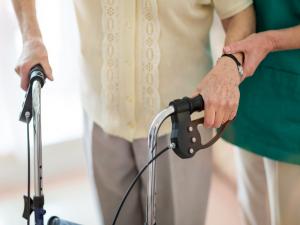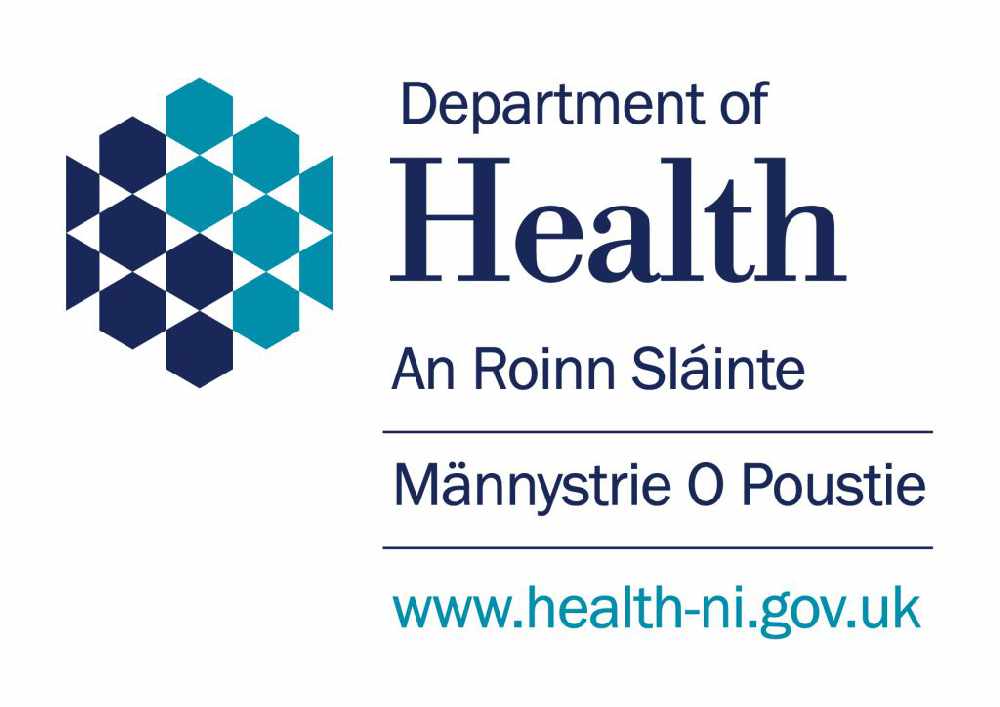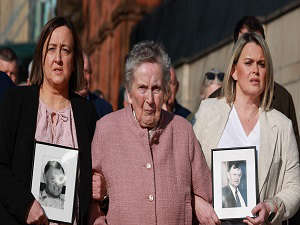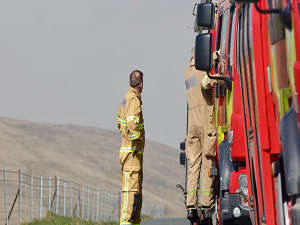
By David Young, PA
A pilot scheme for nursing home staff to live on site to limit coronavirus infection risks has failed to secure any participants, health unions have claimed.
Unison, the GMB and the Royal College of Nursing (RCN) refused to give their backing to the Department of Health plan after citing a series of concerns, one of which envisaged staff members living in mobile homes in car parks outside homes.
Representatives outlined concerns about the "Safe at Home" pilot to the Assembly's health committee on Thursday.
The scheme, announced by health minister Robin Swann last month, would have seen staff living on site for a period of seven days.
Anne Speed, from Unison, said no applications had been received by the department to date.
"At this stage we're not sure any such project is ever going to be under way," she added.
Rita Devlin, from the RCN, said the unions were concerned at the premise behind the scheme - that staff coming in from outside posed an infection risk.
"We had serious concerns that this was introducing a blame culture at a time when staff already had huge anxieties and were dealing with unprecedented challenges," she said.
Ms Devlin also raised issues around coronavirus testing within the homes, PPE provision and the potential added risk for BAME (black, Asian and ethnic minority) staff members.
She claimed proper consideration had not been given to the mental and physical well-being of the staff involved and said there had been a lack of consultation with the unions at the development stage of the plan.
Care home operator Four Seasons had been planning to involve two of its Northern Ireland facilities in the pilot, the unions said.
Ms Delvin said while Four Seasons and the department had been able to address some of the unions' concerns, not all issues had been resolved.
"We also raised a number of concerns about the standard and appropriateness of accommodation proposed that would be offered to staff, not least the suggestion they could stay in a mobile home in the car park of the care home," she said.
"We have throughout the pandemic highlighted the need and supported moves to address the impact of Covid-19 on nursing and residential care homes.
"This particular initiative however did not appear to offer any resolution to these issues and bore the hallmarks of an initiative that had been ill-conceived and not thought through and, on this basis, the RCN, Unison and GMB were unable to endorse the participation of our members."
In response to the evidence, committee chair Colm Gildernew raised concern about the development of the pilot.
"This is a case study in how not to do something," he said.
During Thursday's evidence session, union representatives also raised issues about the wider social care sector.
Ms Speed said the pandemic had highlighted the need for greater regulation of the sector. She said there was also a requirement to crack down on "profiteering" by some operators.
"Social care has been the poor relation in the health service," she said.
"We have to throw down a challenge to the department - this sector needs much greater regulation.
"We would prefer public provision, we live with the reality of procured services and outsourcing. Regulation is absolutely essential, not just for the practice of care but with the regulation for organisations who provide it.
"There should be regulation as well on the margin of profit, we should stop the profiteering that's happening and it's happening in some of the providers within Northern Ireland."
Ms Speed said there are problems with compliance and ineffective monitoring within the nursing home sector.
"There are undoubtedly employers who think it is one law for them and it's another law for the workforce, who are submitted to grievance and disciplinary procedures," she added.
A Department of Health spokesman said guidance on the Safe at Home model was published on May 15 and expressions of interest sought from care home providers who considered that they could safely implement the approach.

"The department continues to proactively explore options to safely test this model, and remains committed to exploring any measures which have the potential to help reduce the spread of Covid-19 in care homes."


 O’Neill writes to PM urging public inquiry into Sean Brown murder
O’Neill writes to PM urging public inquiry into Sean Brown murder
 Campaign to increase cancer awareness through pharmacies rolled out
Campaign to increase cancer awareness through pharmacies rolled out
 Concern over PSNI vehicles fleet, with 20% off road at worst point in 2023
Concern over PSNI vehicles fleet, with 20% off road at worst point in 2023
 Man released by police after Newry stabbing incident
Man released by police after Newry stabbing incident
 Firefighters tackle almost 150 wildfires across three days in Northern Ireland
Firefighters tackle almost 150 wildfires across three days in Northern Ireland